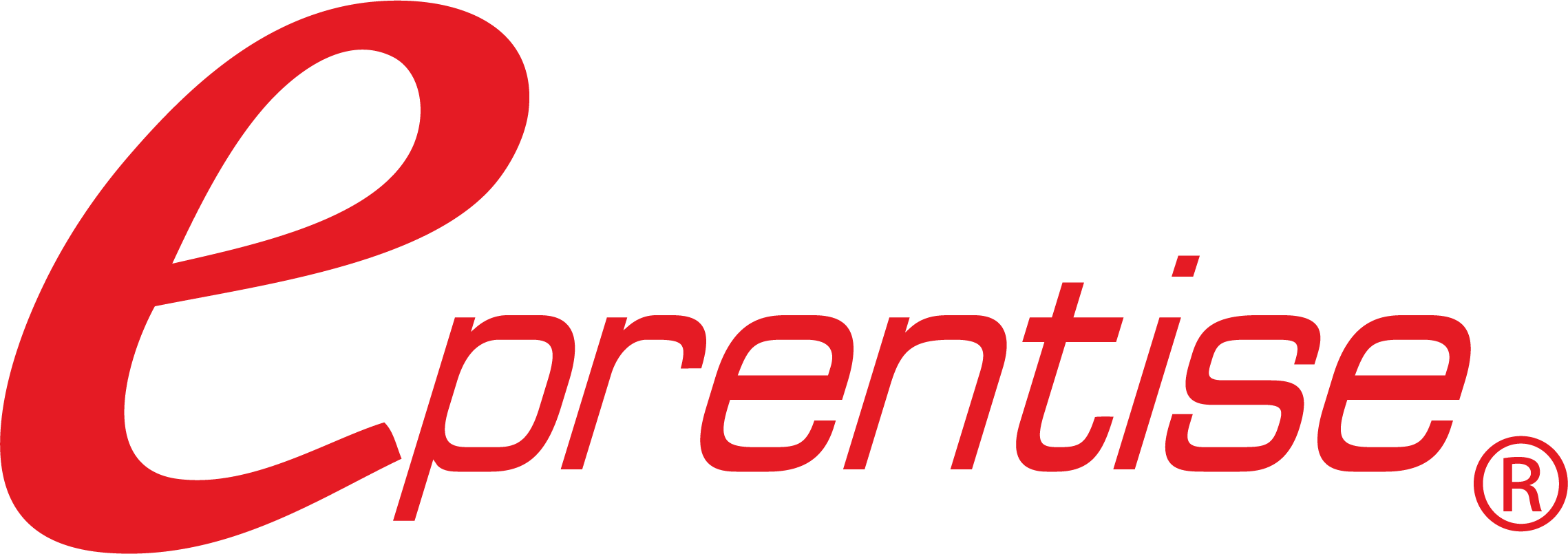Sometimes audit managers must find ways to bridge gaps between finance professionals with varying levels of experience to build a cohesive team. Review four imperative skills that finance and audit teams need to have to maintain success and minimize oversight and risk whether your auditors are on day 1 or day 1001.
1. Understanding Changing Regulatory Requirements & Standards
A thorough understanding of the purpose, evolution, and implementation of applicable audit standards, such as Generally Accepted Auditing Standards (GAAS), International Standards on Auditing (ISA), or industry and/or region-specific regulations ensures enterprise compliance.
2. Developing a Strong Sense of Professional Skepticism & Ethics
A highly developed sense of professional skepticism and ethics throughout the audit process challenges management’s assertions and identifies/investigates potential issues or irregularities.
Ethics: Critical elements include impartiality, subject-matter objectivity, and enterprise confidentiality.
3. Avoiding Over-Reliance on Management Representation & Sampling
Staunchly lead, independent investigations and collections of corroborating evidence help avoid typical failures in material misstatement or fraud detection instead of depending on the reports/representations of management.
Sample Size: Establish standards for sample sizes and identify appropriate sampling methods for testing. If possible, minimize reliance on sampled data by using a database direct source.
4. Building Robust Internal Communication & Standards
Effective communication is essential in developing and conveying audit findings clearly and effectively across all audiences – including stakeholders. If possible, minimize variables with automated generative reporting.
Documentation: Documentation is a critical aspect, as it serves as evidence of the auditor’s work and provides support for the conclusions reached. Inadequate documentation, either incomplete or inaccurate, impacts the quality and defensibility of the audit work.
Time Management: Audits are often time-sensitive engagements with strict deadlines. Rushed or incomplete audit procedures and missed deadlines compromise audit quality.
Productive audit teams must prioritize establishing and maintaining these four skills sets to foster reliable success within your enterprise, as lacking in any one of these pillars can weaken the practice. Inadequate coverage of regulatory compliance can result in incomplete procedures; lax skepticism or ethics can result in a failure to identify risk or conflict of interest, bias, and confidentiality breach; over-reliance on management compromises objectivity and gaps of understanding within the finance team weakens the overall audit approach.






